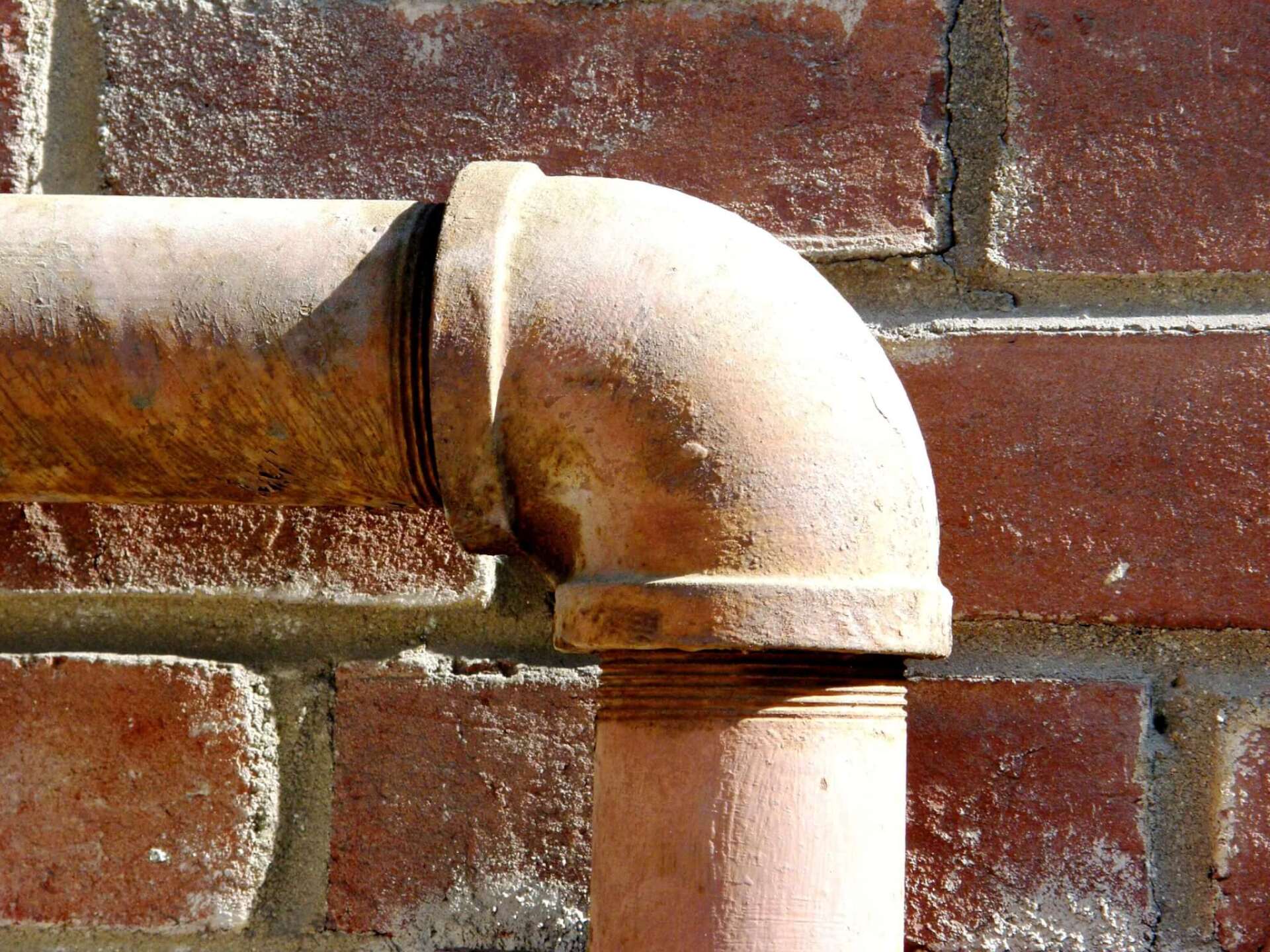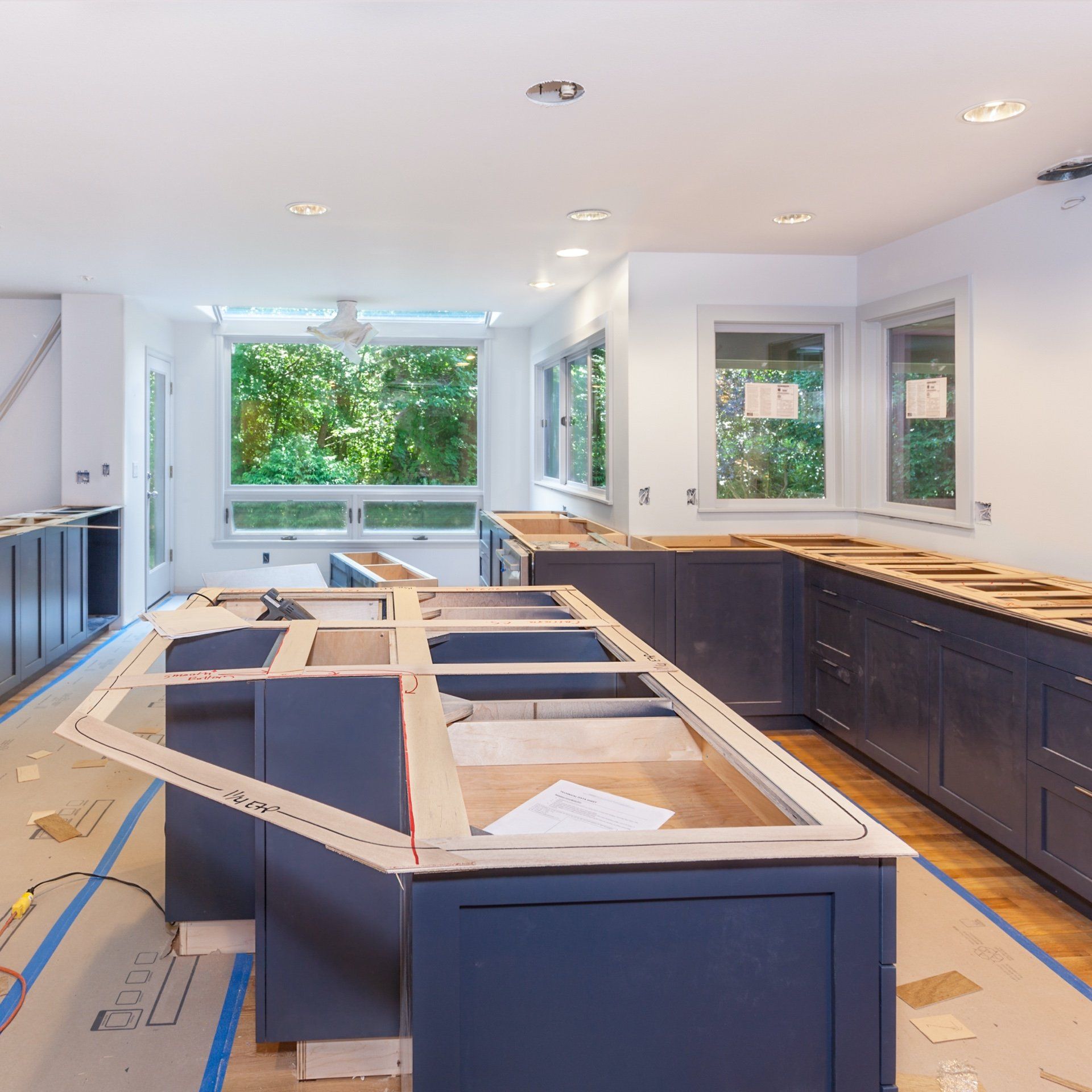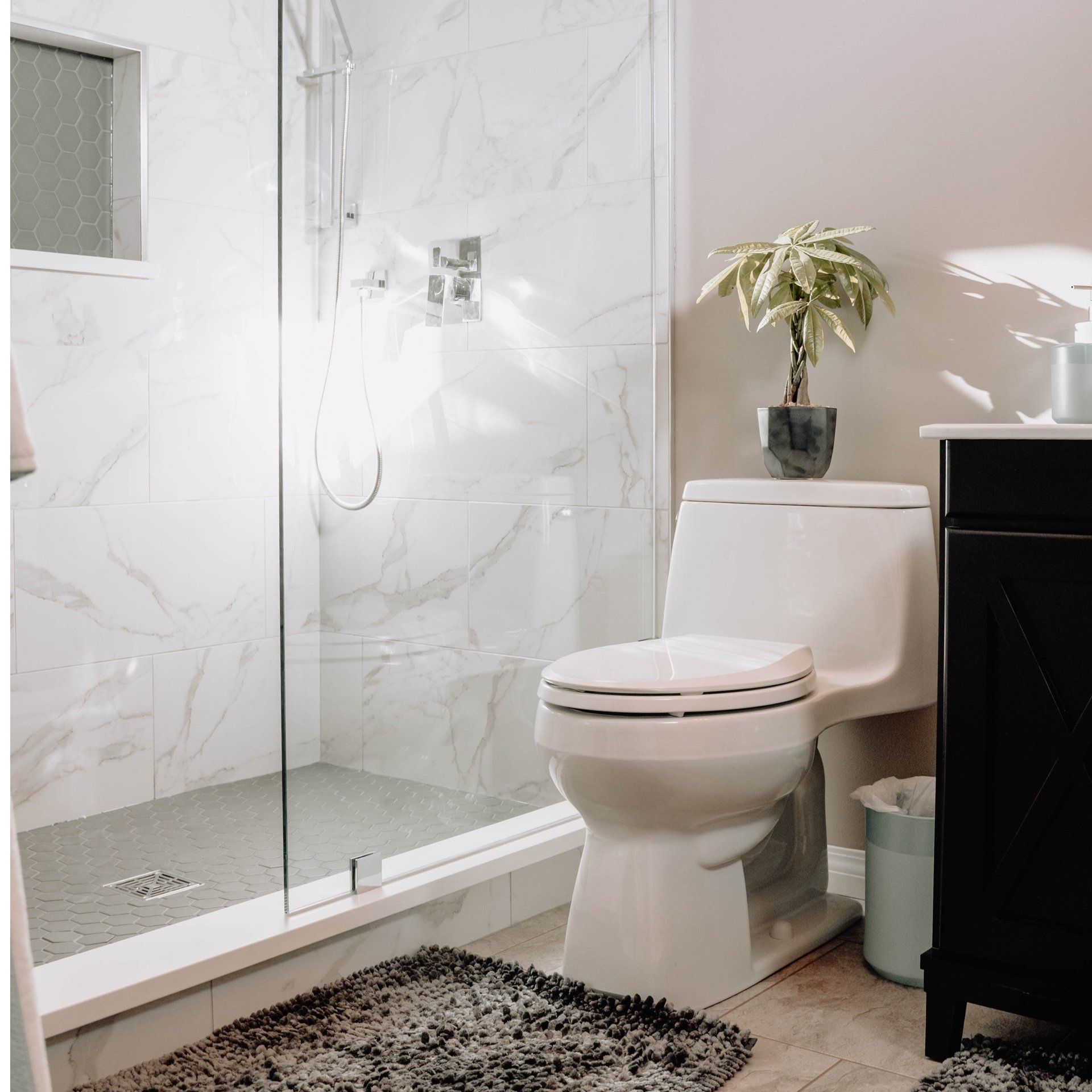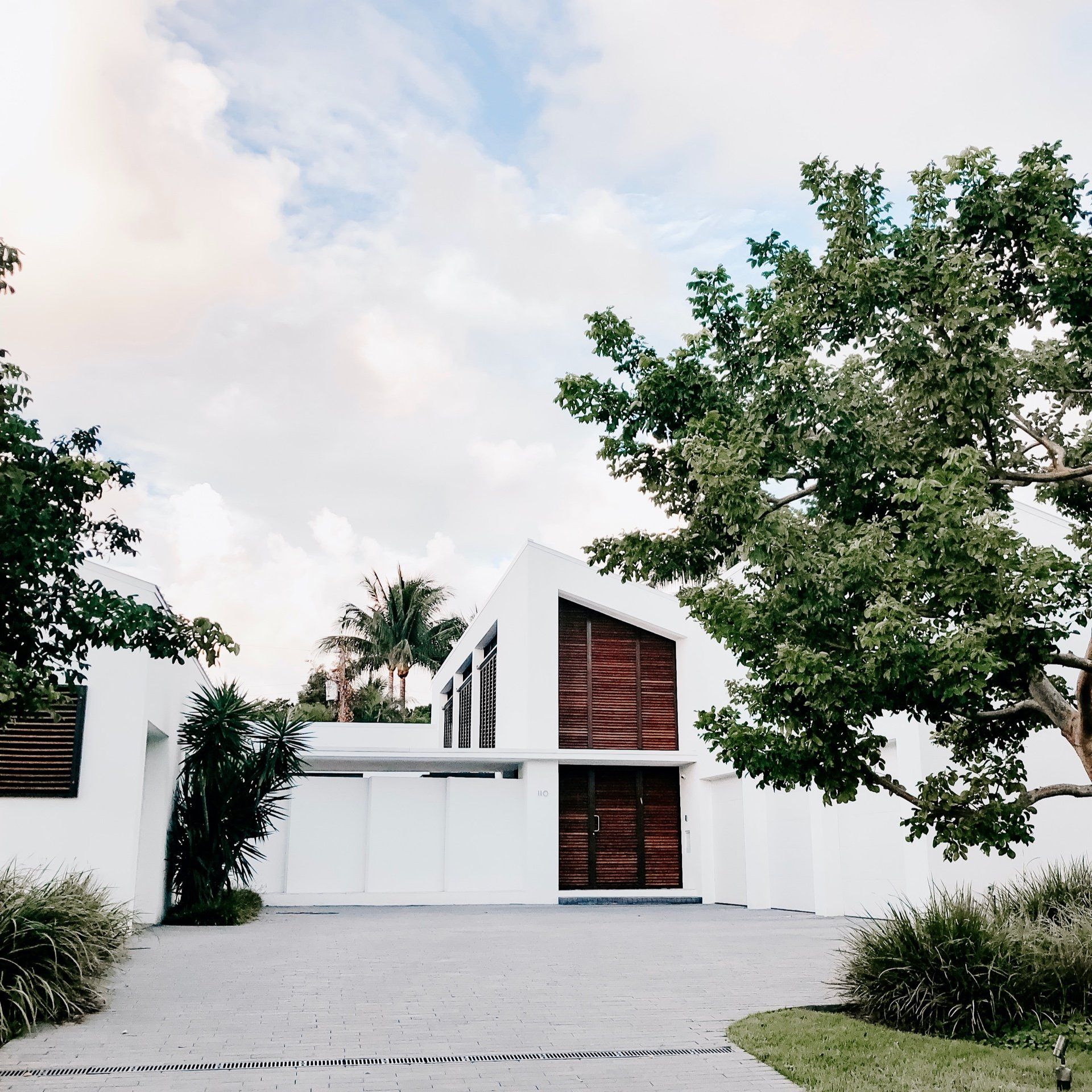Burst Pipes in the Basement: Signs and Symptoms
Burst Pipes in the Basement: Signs and Symptoms
-Naples, FL

Pipes can rupture at any time in your home or business. Because pipes are generally hidden from view, a broken leaking pipe can be difficult to spot, and if neglected, it can cause extensive and costly damage.
Why Do Pipes Burst
Freezing, installation faults, physical damage, and even rust can cause pipes to rupture. One little hole in the pipe might quickly expand into a larger hole over time. Water damage to carpets, drywall, or other housing components can be expensive to repair. It's never a good idea to overlook signs of a potentially damaged pipe.
How to Identify a Broken Pipe
It is vital to detect a broken pipe in order to avert further costly damage to your house. Here are a few easy ways to detect a leaking pipe in your home:
- Changes in Water Pressure- Always check the water pressure in your taps before washing your hands or taking a shower. If you notice a decline in water pressure, it might be a sign of a broken pipe. If your water pressure is really low, there is most likely a leak somewhere in the system. If your pipes are frozen, you may not be able to get water out of the faucets.
- Water that Smells or is Discolored- A strange dark tint or a terrible stench in your water indicates a burst pipe. When the water becomes brown, it means that a pipe in the ground has burst. With time, the pipe will rust, enabling dirt, pathogens, and other contaminants to enter the water, putting you and your family at risk. If your water has a rotten egg odor, it might be a sign of a sewage leak, which is caused by hydrogen sulfide developing in sewer lines. It is vital that our plumbers investigate this issue.
- Strange Sounds Coming from the Pipes- Professional plumbers design plumbing systems to be as quiet as possible. As a consequence, if you hear strange noises coming from your pipes, it might mean you have a leak. A leaky pipe is indicated by whistles or bubbling noises. When air gets into sewage pipes, it causes bubbling. Water tries to enter through the small sections of dented pipes, which causes whistling noises. You will hear a leaking sound while the water is running, indicating that the leak is already there.
- Standing Water Below the Sink- Looking for standing water beneath the sink is the most frequent way to tell whether a pipe in your home or business is leaking. You may also search for moist carpets and floors as signs of a flood.
- High Water Bill- You may have a leaking pipe causing excessive water usage if your water bill has suddenly jumped without any major changes in consumption. To minimize more water damage, this problem should be rectified as soon as feasible.
- Water Marks- A frequent indication of burst pipes is watermarks on the walls. Because pipes are hidden behind the walls of your home or business, if they break or leak, they will leave a mark. At times, you could even sense that the wall is moist or spongy.
- An issue with Exposed Piping- When pipes are left exposed, they are more likely to burst. These pipes are usually discovered under your sink or in an unfinished basement. Check for ice, frost, and condensation as main signs if the water in the pipe has frozen or is about to freeze. When a pipe bulges, it means the water has frozen and is likely to burst.
How to Locate a Leaky Pipe
You can immediately discover a leaky pipe in your home or business by looking for puddles or leaking water around your property. If you have an exposed pipe, you may notice stains on your ceiling or drywall, or you may be able to see where the hole is. Some leaks, on the other hand, are difficult to detect because they are hidden behind walls.
Determine if the leak is within your home or company or outdoors in the water main if you fear you have a leak. Turn off any water-consuming appliances and avoid using toilets or other sources of water while testing and checking for a leaky pipe. Then you'll take a peek at the water meter. After a half-hour, double-check if anything has moved. If there has been movement, you have a leak.
The next step is to figure out if the leak is on the inside or outside. The main valve must be shut off first. Keep a watch on your meter; if it stops moving, you've got a leak. The leak is outside the home if it continues to move.
Finally, if you've found a leak, look for any obvious indicators, like near sinks, showers, or toilets, to assist you locate its precise position. If you are unable to locate the leak, you should contact a plumber for assistance. If the leak has caused damage to your home, you should get help from All Services Adjusting of Naples.







